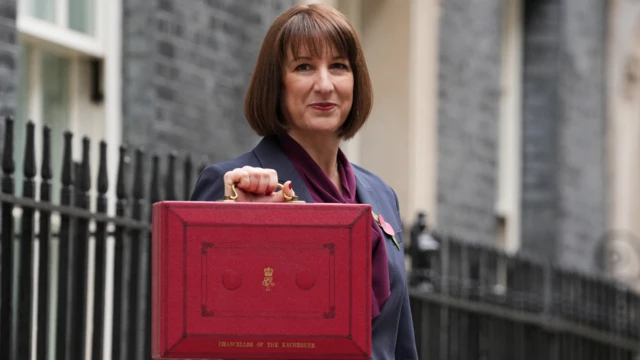Chancellor vows to go 'further' on growth amid rising debt costs and anger over China trippublished at 15:53 GMT 14 January
 Cachella Smith
Cachella Smith
Live reporter
Rachel Reeves delivered a statement in the House of Commons this afternoon, defending a recent trip to China which had prompted criticism as it fell at a time of turbulence in the financial markets.
The trip, and the chancellor, have been defended by members of the Labour Party - while those in opposition parties accused Reeves of being "missing in action".
Reeves told MPs today that new agreements with China will benefit UK exporters and investors, but will also be key to sustaining a dialogue that enables the UK to raise sensitive issues.
Shadow chancellor Mel Stride suggested the deal was insubstantial compared with the rise in borrowing costs he attributed to Reeves's October Budget - and was joined in criticism by Lib Dem Daisy Cooper, who told Reeves her Budget "has not worked".
The chancellor defended her plans set out in October, and pledged to go "further and faster" to improve economic growth. She also promised to set out new economic policies after next week's meeting of the World Economic Forum in Davos, Switzerland.
We're ending our live coverage there, but you can continue reading more about today's developments in our news story.




